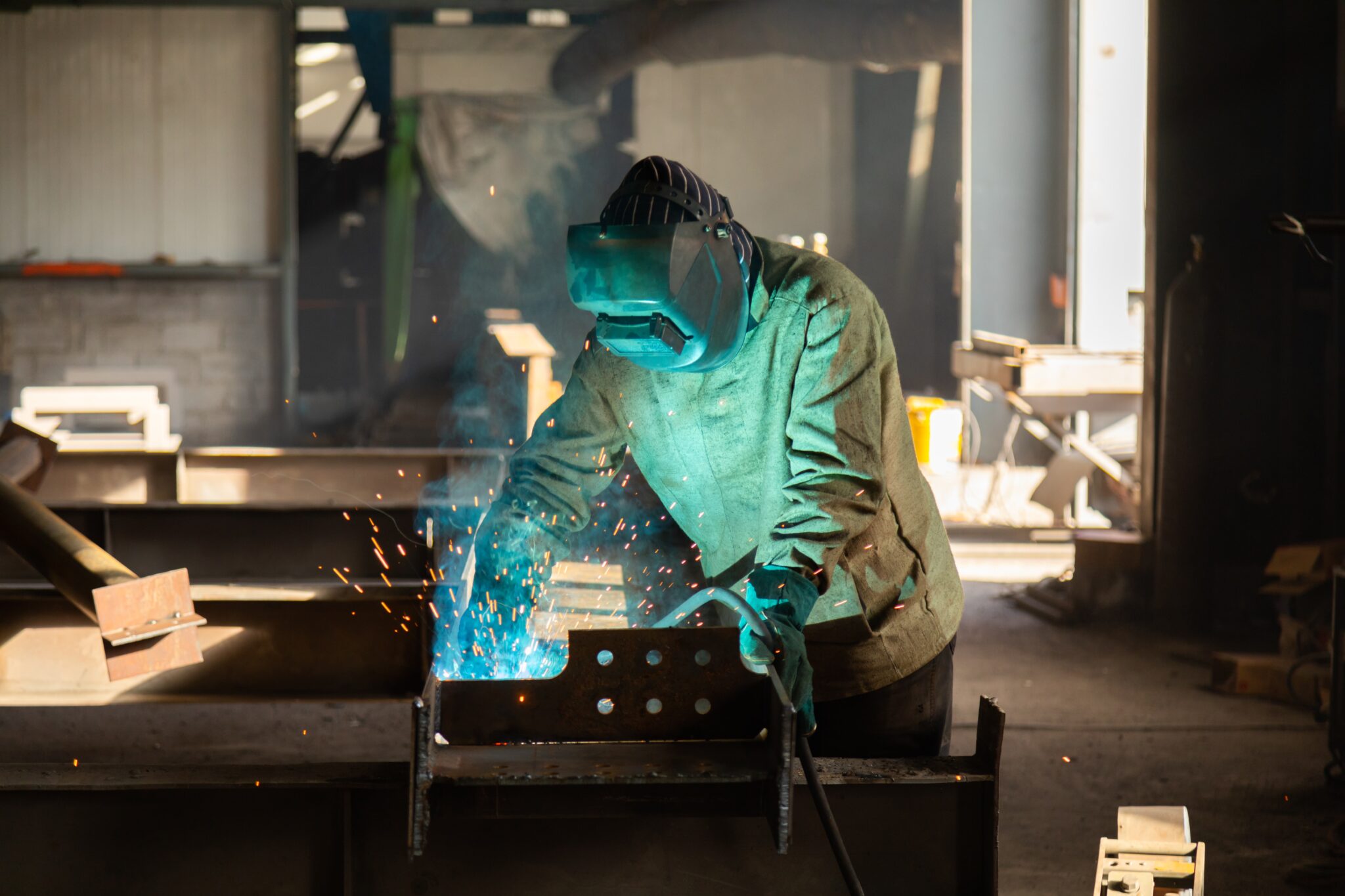A machine operator is a skilled worker who operates machinery and equipment in a manufacturing, production, or industrial setting. They are responsible for operating, controlling, and maintaining machines in a manufacturing or production unit. Hiring a skilled machine operator can help to improve the efficiency, quality, and safety of your manufacturing or production processes, ultimately contributing to the success of your business.
Be sure to select the most qualified and competent machine operator in your interview. Assess what matters the most for the role – skills, competencies, and abilities. Make it happen by asking the right questions that highlight all these and much more.
General Roles and Responsibilities of a Machine Operator
A machine operator is responsible for operating and maintaining machinery used in manufacturing and production processes. Their primary duties include:
- Operating machinery: Operating a variety of machinery, including drill presses, lathes, milling machines, and grinding machines. They must be familiar with the operation of each machine they are responsible for, and understand how to operate them safely and efficiently.
- Monitoring equipment: Monitoring machinery to ensure it is working correctly. They may be required to adjust machine settings, replace parts, or perform routine maintenance to keep equipment running smoothly.
- Following safety protocols: Safety is of the utmost importance for machine operators. They must be familiar with all safety protocols related to their equipment and workplace and must follow them at all times to prevent accidents or injuries.
- Maintaining records: Maintaining records related to equipment usage, maintenance, and repairs. They may be required to track production output, inventory levels, and other important metrics.
- Troubleshooting problems: When equipment malfunctions or breaks down, machine operators must be able to quickly identify and troubleshoot the problem. This may involve replacing parts, adjusting settings, or seeking assistance from a maintenance technician.
Skills and Experiences a Machine Operator should have:
Here are some general skills and experiences that are typically required:
- Technical knowledge: Knowledge of how the machinery works, its various components and functions, and how to troubleshoot and resolve any issues that may arise.
- Attention to detail: Machine operators must pay close attention to details to ensure that the machinery is operating properly and that products are being produced to the required specifications.
- Physical dexterity: Perform repetitive tasks, operate heavy machinery, and maneuver in tight spaces, so physical dexterity is an important skill for machine operators.
- Communication skills: Good communication skills are essential for a machine operator, as they may need to communicate with other team members, supervisors, and maintenance staff to ensure that the machinery is running smoothly.
- Mechanical aptitude: Last but not the least, a machine operator should have a natural curiosity about how things work and an ability to understand mechanical systems and processes.
Machine Operator Operational and Situational Questions
Here are some examples of operational and situational questions that a machine operator might be asked:
- Can you describe a time when you had to troubleshoot a machine that had broken down? What steps did you take to resolve the issue?
- You notice that a machine is producing defective products. What steps would you take to identify and resolve the issue?
- What safety precautions do you take when operating heavy machinery?
- You are working on a tight deadline and a machine breaks down. What steps do you take to ensure that you meet the deadline while also addressing the issue with the machinery?
- Can you explain how to properly calibrate a machine?
- You notice that a machine is producing products that are out of specification. What steps do you take to adjust the machine to ensure that it produces products that meet the required specifications?
Machine Operator Role-specific Questions
Here are some examples of machine operator role-specific questions:
- What experience do you have operating [specific type of machinery]?
- Can you describe your experience with [specific software or programming language used in operating machinery]?
- What experience do you have working in [specific industry]?
- Can you explain the process of setting up [specific type of machinery] for a new production run?
- What types of materials have you worked with when operating [specific type of machinery]?
- Have you ever worked with automated or robotic machinery? If so, can you describe your experience?
- What experience do you have troubleshooting issues with [specific type of machinery]?
- Can you describe your experience with quality control processes when operating [specific type of machinery]?
Machine Operator Behavioral Questions
Here are some examples of machine operator behavioral questions:
- Can you describe a time when you had to work with a difficult colleague or supervisor? How did you handle the situation?
- Have you ever had to decide in a high-pressure situation? Can you describe the situation and how you handled it?
- Can you describe a time when you had to collaborate with a team to achieve a common goal? What was your role in the team, and what did you learn from the experience?
- Have you ever identified a problem with a machine that went unnoticed by others? What steps did you take to resolve the issue?
- Can you describe a time when you had to communicate a technical issue to someone who did not have technical expertise? How did you explain the issue in a way that was easy for them to understand?
- Have you ever had to adapt to changes in a production process or machinery? How did you adjust to the changes, and what did you learn from the experience?
- Can you describe a time when you had to prioritize multiple tasks or projects? How did you decide which tasks to focus on first, and how did you ensure that all tasks were completed on time?
Conclusion
Hiring a skilled and experienced machine operator is crucial for the success of any manufacturing or production company. As a recruiter, it is important to look for candidates who have the technical knowledge, attention to detail, physical dexterity, communication skills, mechanical aptitude, and problem-solving abilities required for the role.
In addition, machine operator role-specific questions and behavioral questions can be used to assess a candidate’s knowledge, experience, and soft skills. By carefully selecting and hiring the right machine operator, recruiters can help ensure that the company’s production processes run smoothly, efficiently, and safely.




